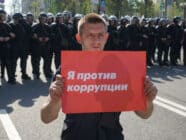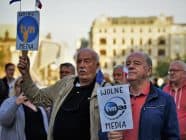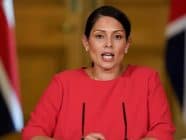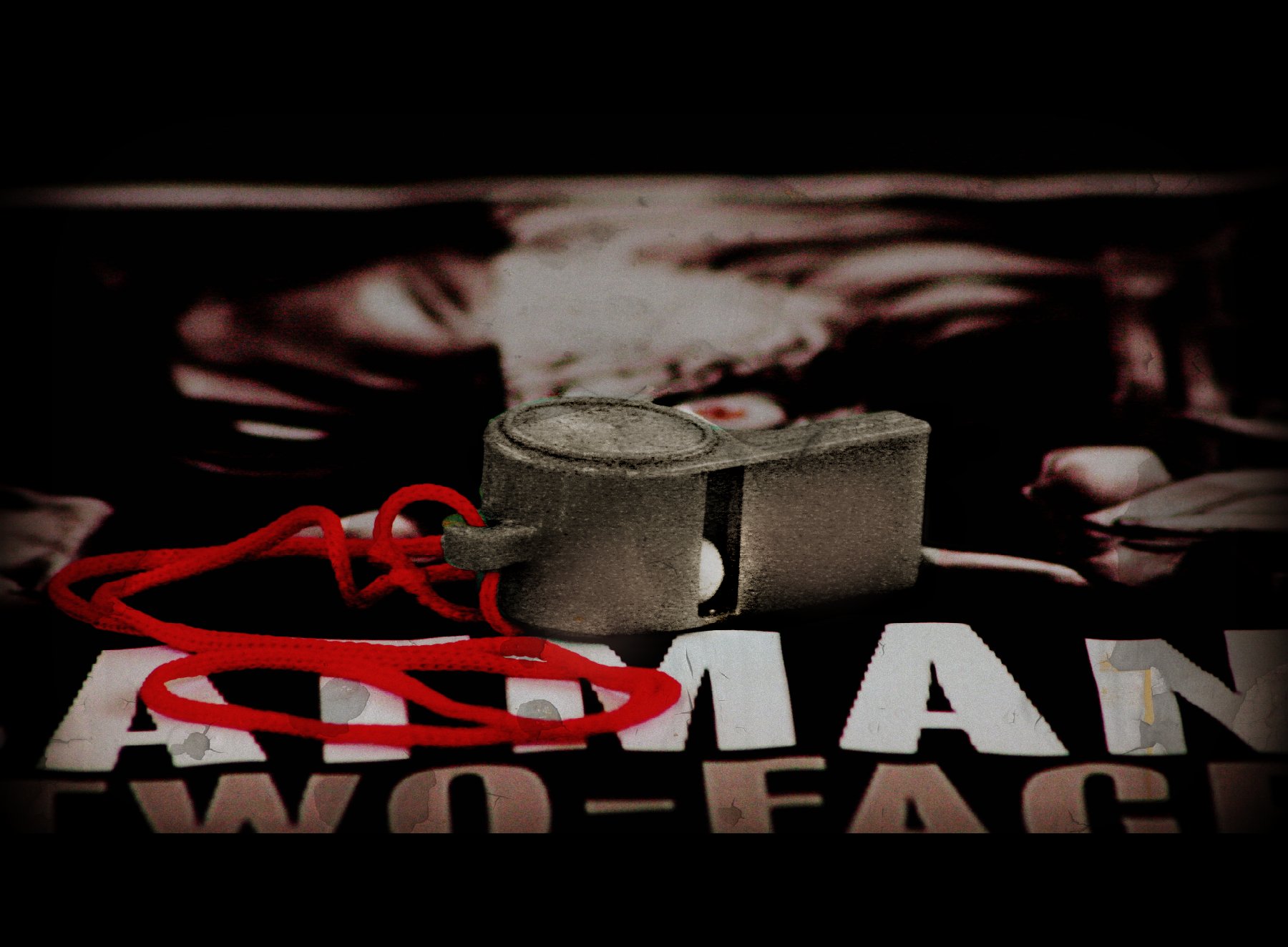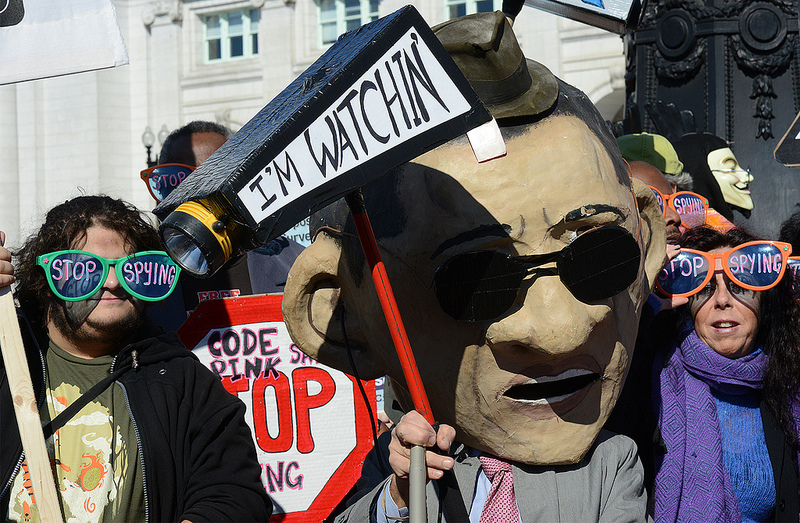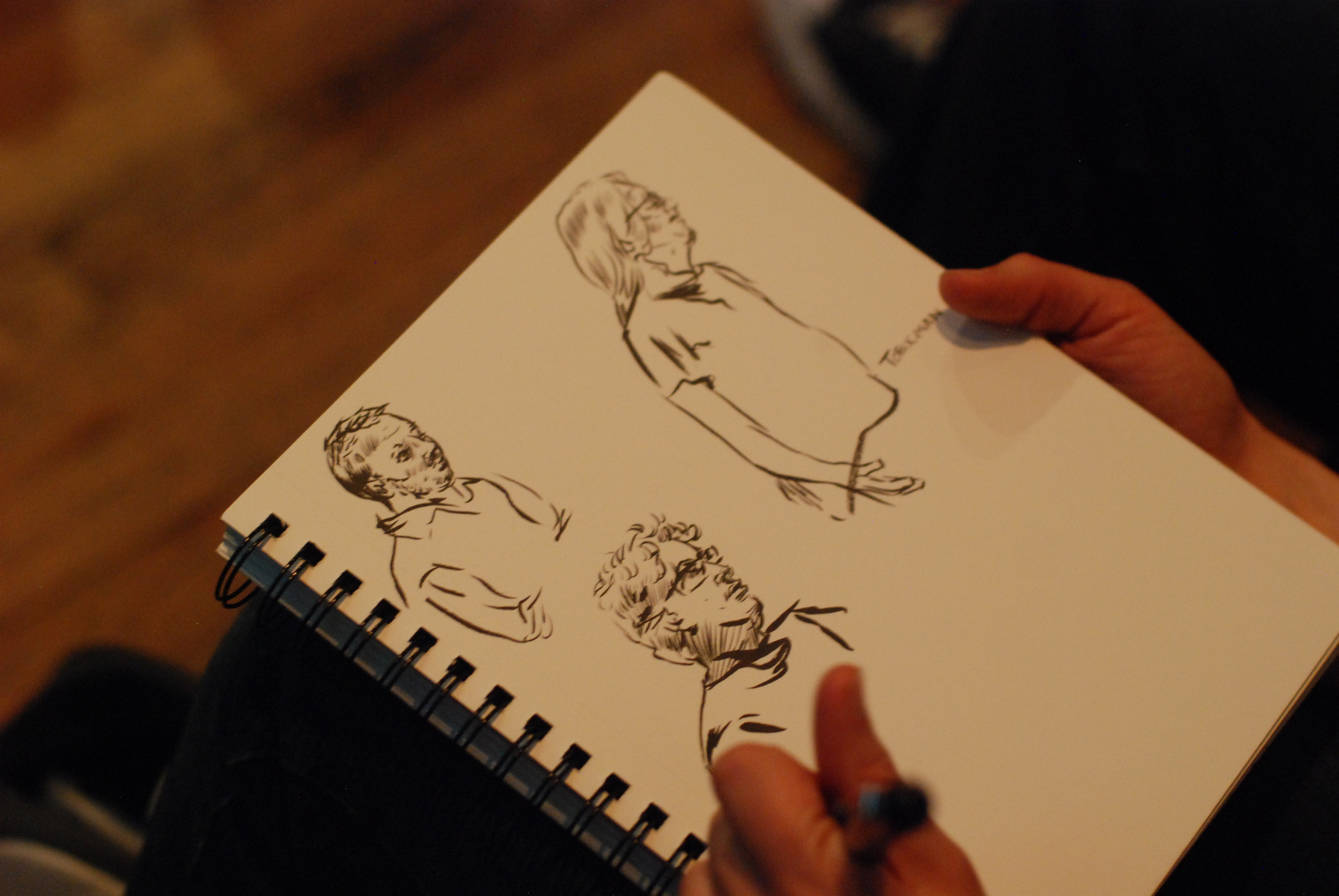The business partnership that has controlled most of Bulgaria’s media for the past seven years has split, following a reported dispute between the two oligarchs behind it. One, Tsvetan Vassilev, is in Serbia, awaiting extradition to Bulgaria for questioning over the failure of a bank. His former, unofficial, business partner, Delian Peevski, an MP, claims to be selling most of his media interests.
Between 2007 and 2014, Vassilev and Peevski dominated Bulgaria’s media. They were behind New Bulgarian Media Group, and other companies, that together formed the largest media organization in Bulgaria since communist times. It openly supported their businesses and their preferred political parties.
Politics and the media have become increasingly entwined in Bulgaria over the past decade. As a result, the country is currently bottom among European Union members on the annual World Press Freedom Index, compiled by Reporters without Borders. This year it ranks 100th, of 180 countries worldwide, down from 35th in 2006. In its 2013 Human Rights Report, the United States government described: “the continued deterioration of the media environment and increase in media self-censorship due to corporate and political pressure” as a key human rights issue in Bulgaria.
The decline of press standards has been partly attributed to the departure from Bulgaria of western companies, among them German publisher, Westdeutsche Allgemeine Zeitung Media Group (WAZ), Rupert Murdoch’s News Corporation and Bonnier, the Swedish publisher. These groups sold their Bulgarian media interests after the 2008 global economic crisis. They were bought by powerful, politically-connected Bulgarians, especially Vassilev and Peevski, and Peevski’s mother, Irena Krasteva.
Waz, which sold two of Bulgaria’s most respected newspapers, Trud and 24 Chasa, explained in 2010 that it pulled out of Eastern Europe because of the “collusion between governments and oligarchs”, an abuse of power that the company said, was hampering its ability to do normal business.
Waz’s comments reflect that close relationships between governments and oligarchs is not confined to Bulgaria but is affecting media all over eastern Europe, in particular in Romania, Czech Republic, Hungary and Macedonia.
Last year, the German and French ambassadors to Bulgaria declared that the country’s oligarchic governance model was incompatible with the country’s EU membership. They issued a joint statement: “Democracy cannot go without media pluralism. A growing number of Bulgarian citizens and European partners of Bulgaria are worried by the increase in concentration of ownership of print and electronic media under opaque terms, and the ensuing risks for freedom of expression… Belonging to the European Union is a civilized choice. The oligarchic model is incompatible with it, both in Bulgaria and elsewhere: it can only lead to the creation of a “state within a state,” the diplomats stated.
In my forthcoming paper, researched while I was a journalist fellow at the Reuters Institute for the Study of Journalism, at the University of Oxford, I describe some of the links between Bulgarian oligarchs, politicians and the media. I found that although many of the details surrounding the country’s media ownership remain unclear, there are several figures who dominate the market and who have used their power to manipulate the press in the country.
Until earlier this year, Vassilev was among the best known of Bulgaria’s oligarchs. Although his ownership was not formally declared, he was known to be behind one of the country’s most popular television stations, TV 7. He used it to promote his core businesses, Corporate Commercial Bank (CCB), and the insurance company, Victoria.
Delian Peevski, an MP for the Movement for Rights and Freedoms party, was close to Vassilev. His mother, Irena Krasteva, owns the country’s biggest tabloid “Telegraf”, the weekly newspaper “Politika” and the popular sports paper “Meridian Match”. Despite the conflict of interest with his public position, Peevski is considered to be in day-to-day control of his mother’s media empire.
Between 2007 and 2014, CCB lent money to the Peevski family which was invested in newspapers and newspaper distributors. In exchange, newspapers controlled by the Peevski family were used to promote Vassilev’s businesses.
Through his bank’s business links with state owned enterprises, Vassilev also purchased a telecommunications company, cigarette producer and various other businesses (some in partnership with Peevski). Eventually his business empire grew to be worth 15 per cent of Bulgaria’s GDP.
I also found that Vassilev and Peevski became a hub for distribution of political support to other oligarchs, who also owned media companies. As a result, many smaller media proprietors became dependent upon the dominant oligarchic duo.
Peevski’s power reached a peak on June 14th 2013 when the then Prime Minister, Plamen Oresharski, nominated him to head the State Agency for National Security (SANS). The nomination was approved with less than 90 minutes debate in the Parliament and unsurprisingly led to massive protests of nearly 40,000 people in Sofia’s downtown.
Media owned by Peevski and Vassilev tried to ignore these huge demonstrations, and were criticized by the protesters. The reporters working for their outlets quickly became the objects of mockery. The protests forced Peevski to resign as chief of SANS but did not bring down the government.
Vassilev and Peevski ended their business connections earlier this year. The rumored reason for their split was that Vassilev no longer wanted to work with Peevski. But Vassilev’s bank, CCB, is now in administration. Vassilev has left Bulgaria for Serbia, while the Bulgarian government seeks his extradition over alleged financial irregularities at CCB. Vassilev says he is willing to return to Bulgaria to answer questions, but is worried about his safety.
The Peevski family has recently announced it is in the process of selling its media empire (although not the lucrative newspaper distribution companies) and there are reports that it has been sold to an Irish company, set up two days before the sale. Whether the sale goes through or not, few believe that Bulgaria’s media is likely to change.
This article is available on EJO also in Italian and Polish.
Photo credit: Ben Husmann / Flickr Cc
Tags: Bulgaria, Human Rights Report, media, oligarch, Press freedom, Reporters without border, World Press Freedom Index


